Master's Degree Graduation
Last year (2020) I received my BA in a graduation ceremony held on Zoom. It was a fun experience, mostly thanks to my amazing family who turned it into a little family event. We watched the fourth Harry Potter movie, had some wine, cupcakes from Red Velvet bakery, and I even had a graduation cap made out of paper. I had forgotten about the ceremony myself and only told my family about it a few hours before it was to take place. My aunt and uncle joined the Zoom conference too (despite the last-minute notice). My uncle made lots of funny faces on camera, turning the experience into something very fun and amusing, much less serious than it would have been, otherwise. The whole thing gave me a moment to stop and take note and even be proud of myself for my achievement. I’d done it! I got my bachelor’s degree! The ceremony itself wasn’t amazing as being held on Zoom made it less of an “event” and certainly less prestigious, so much so that many students didn’t even join the conference or participate.
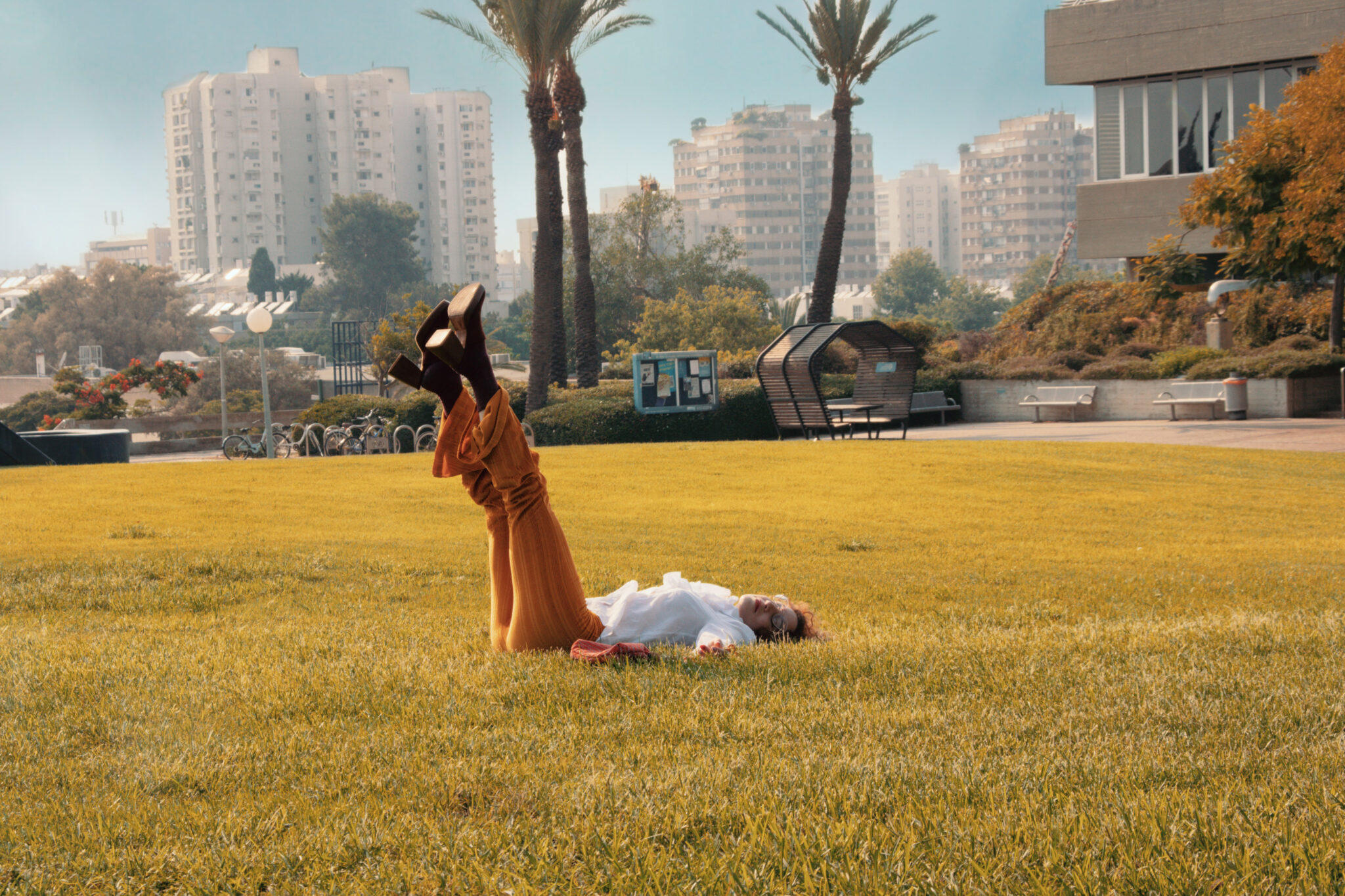
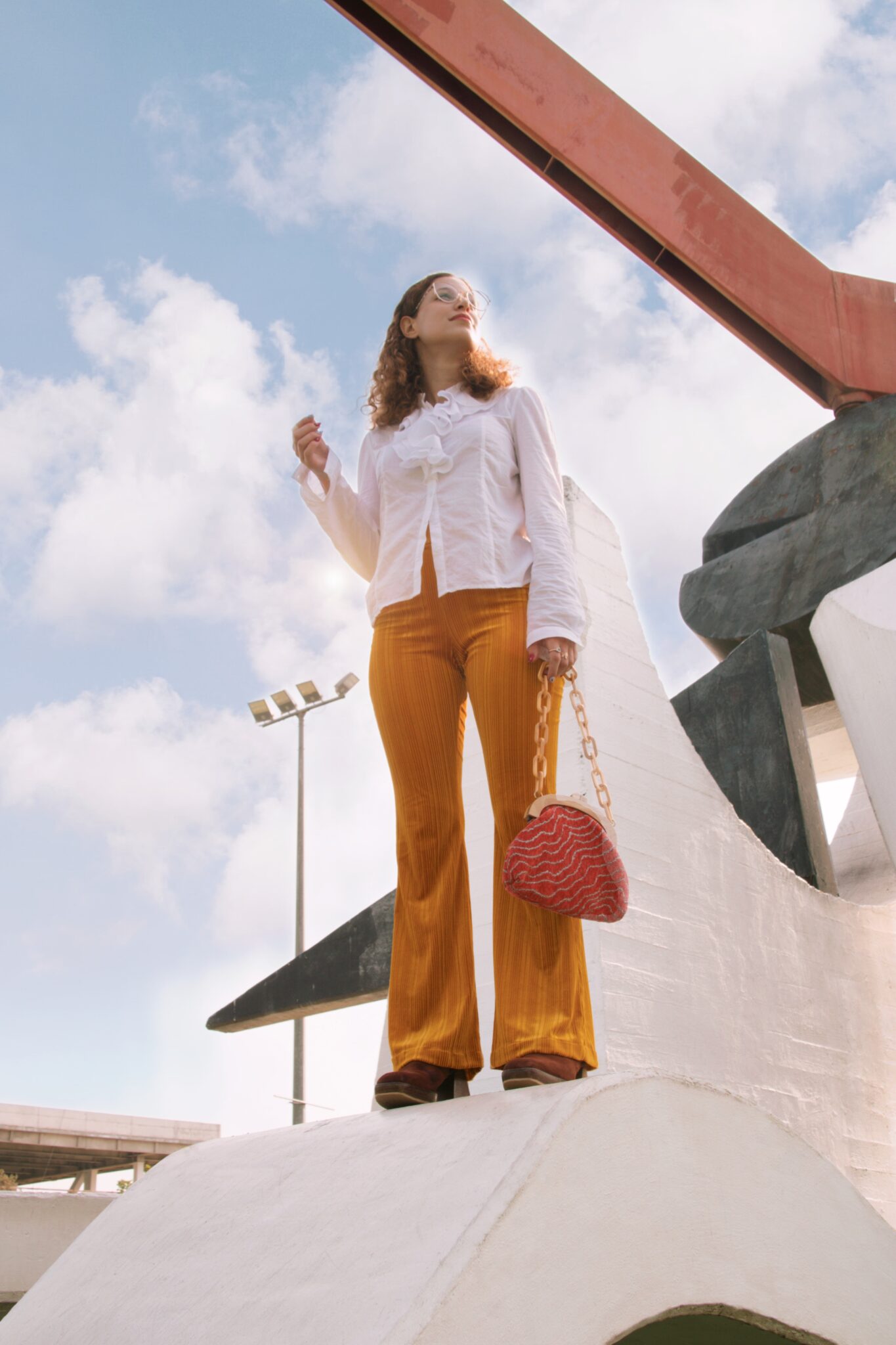
Shop the look:

MBA Graduation
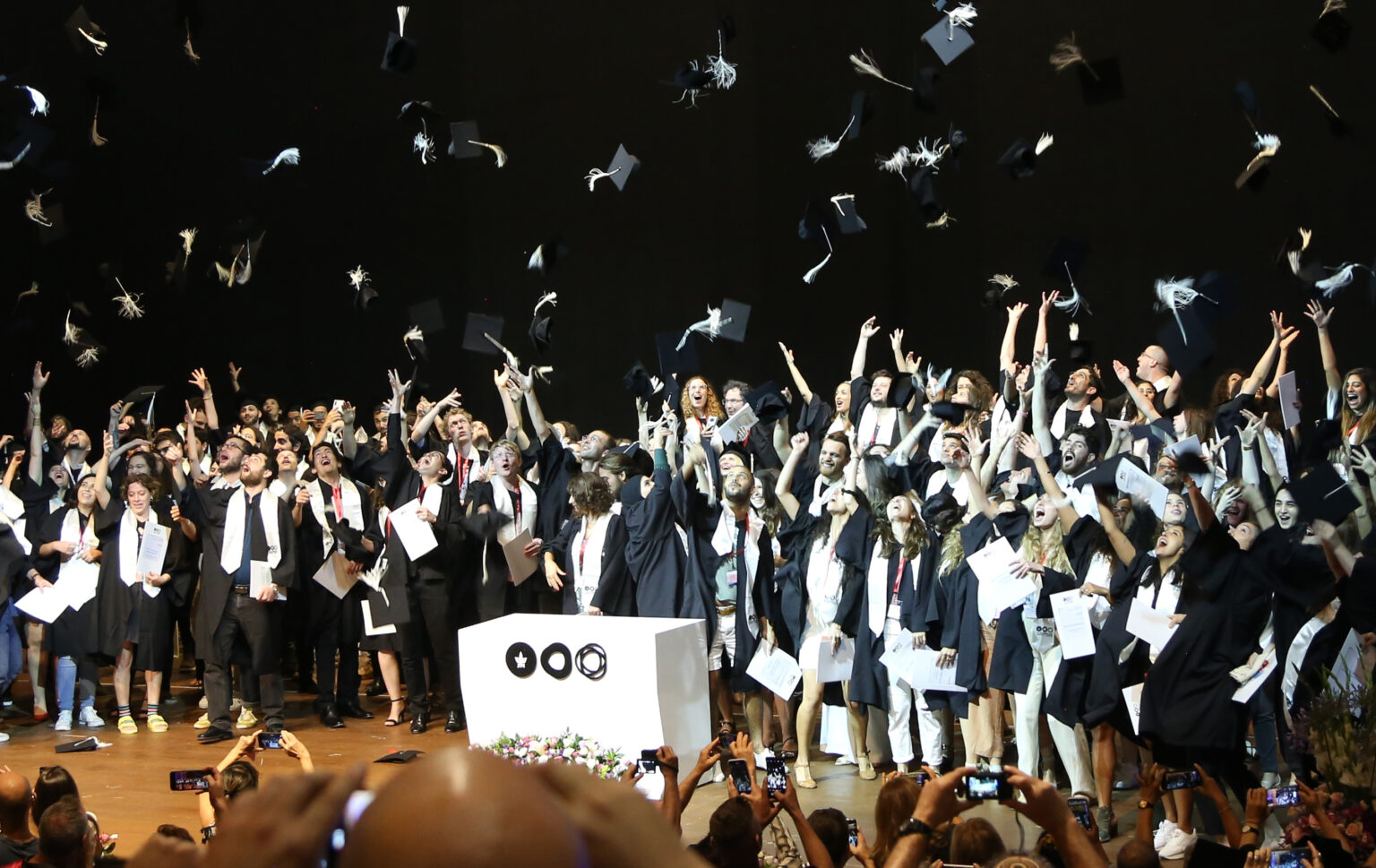

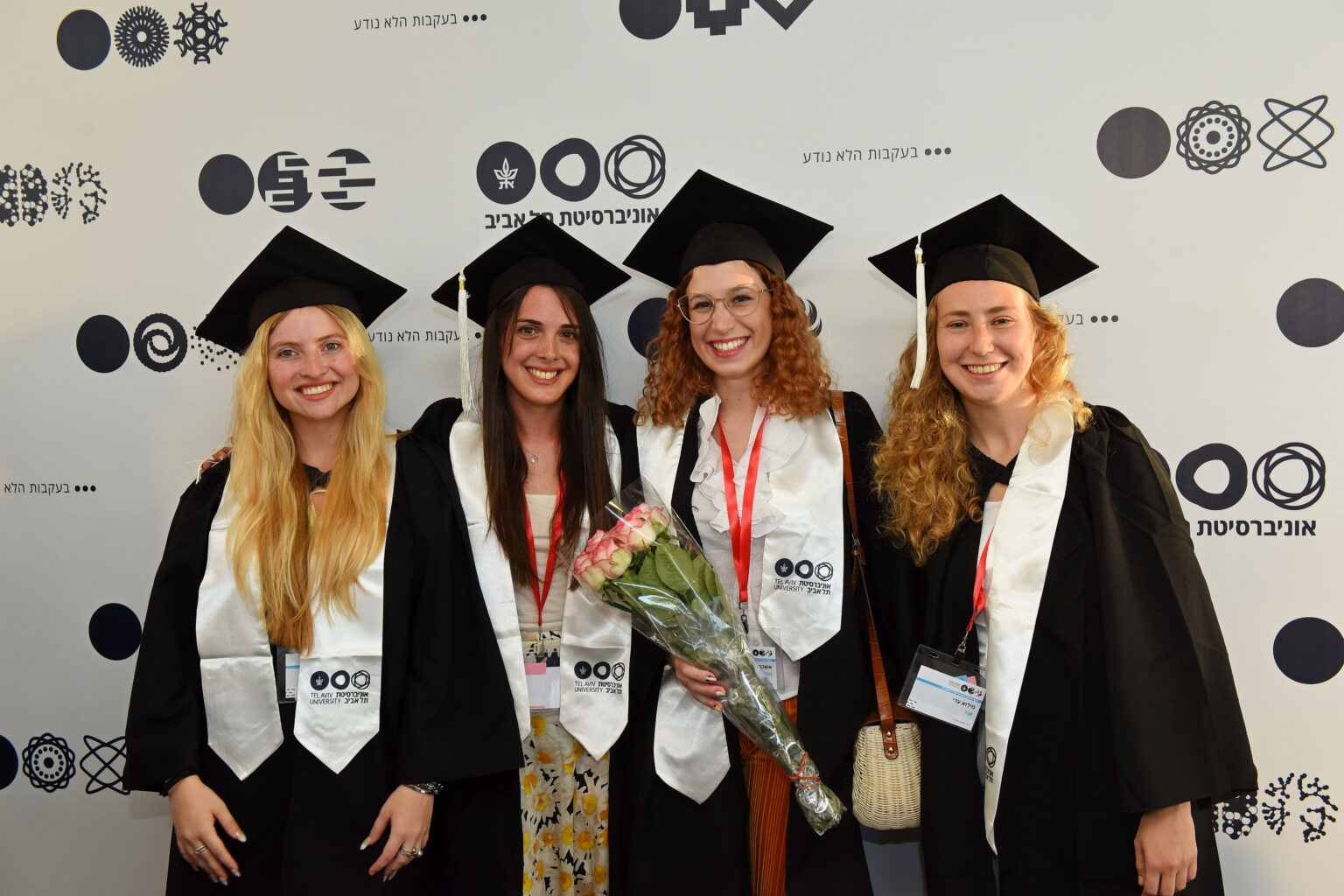

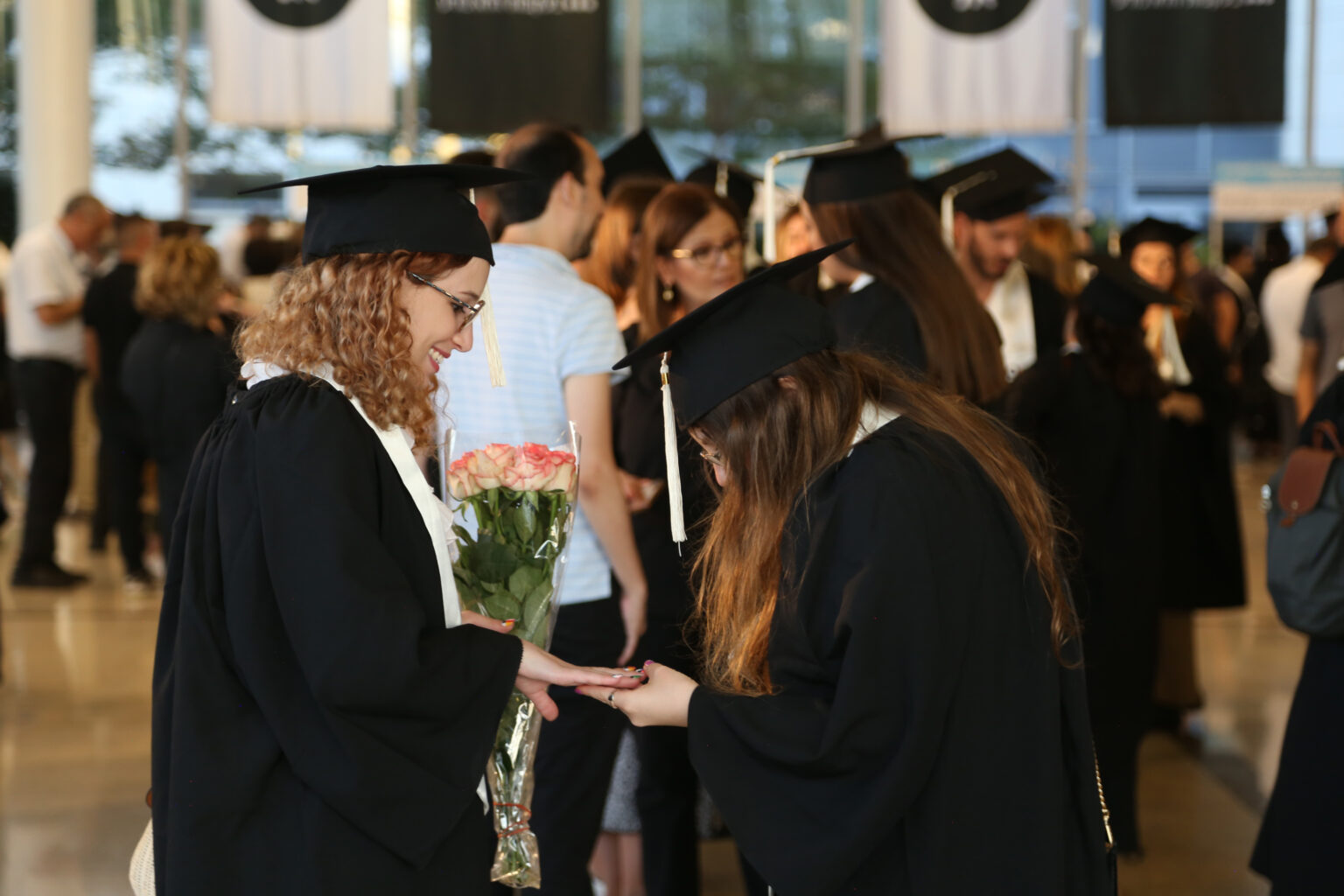
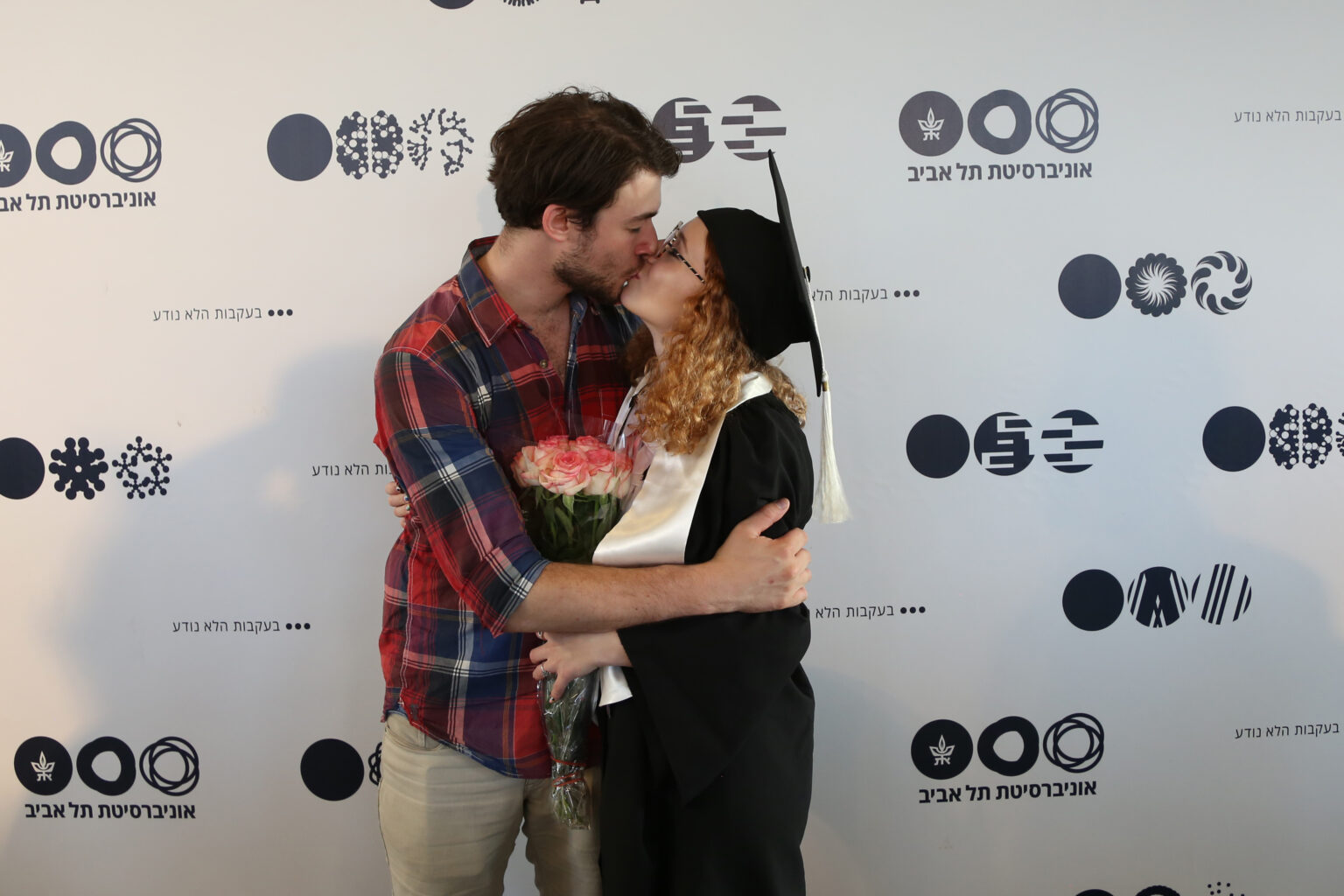

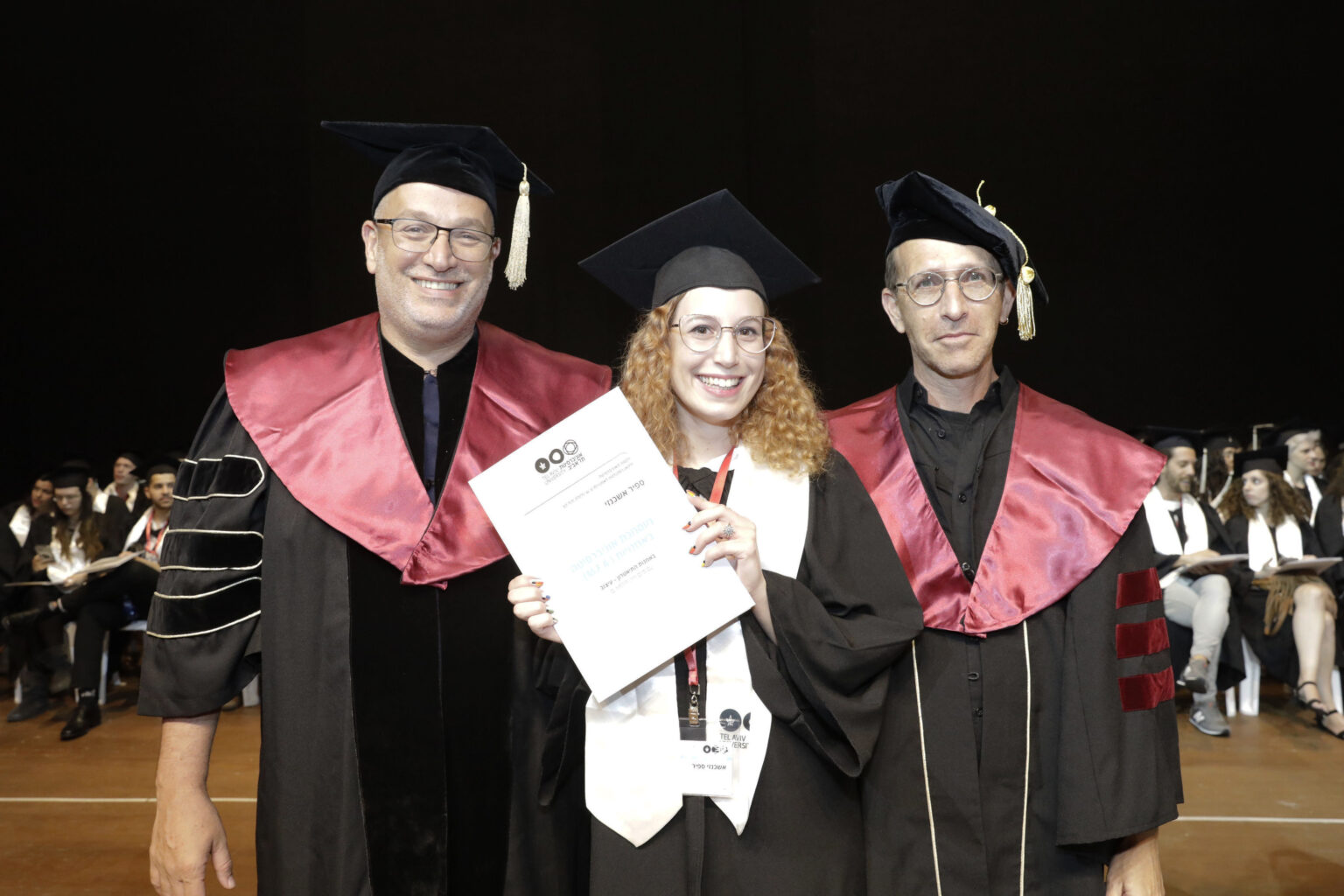
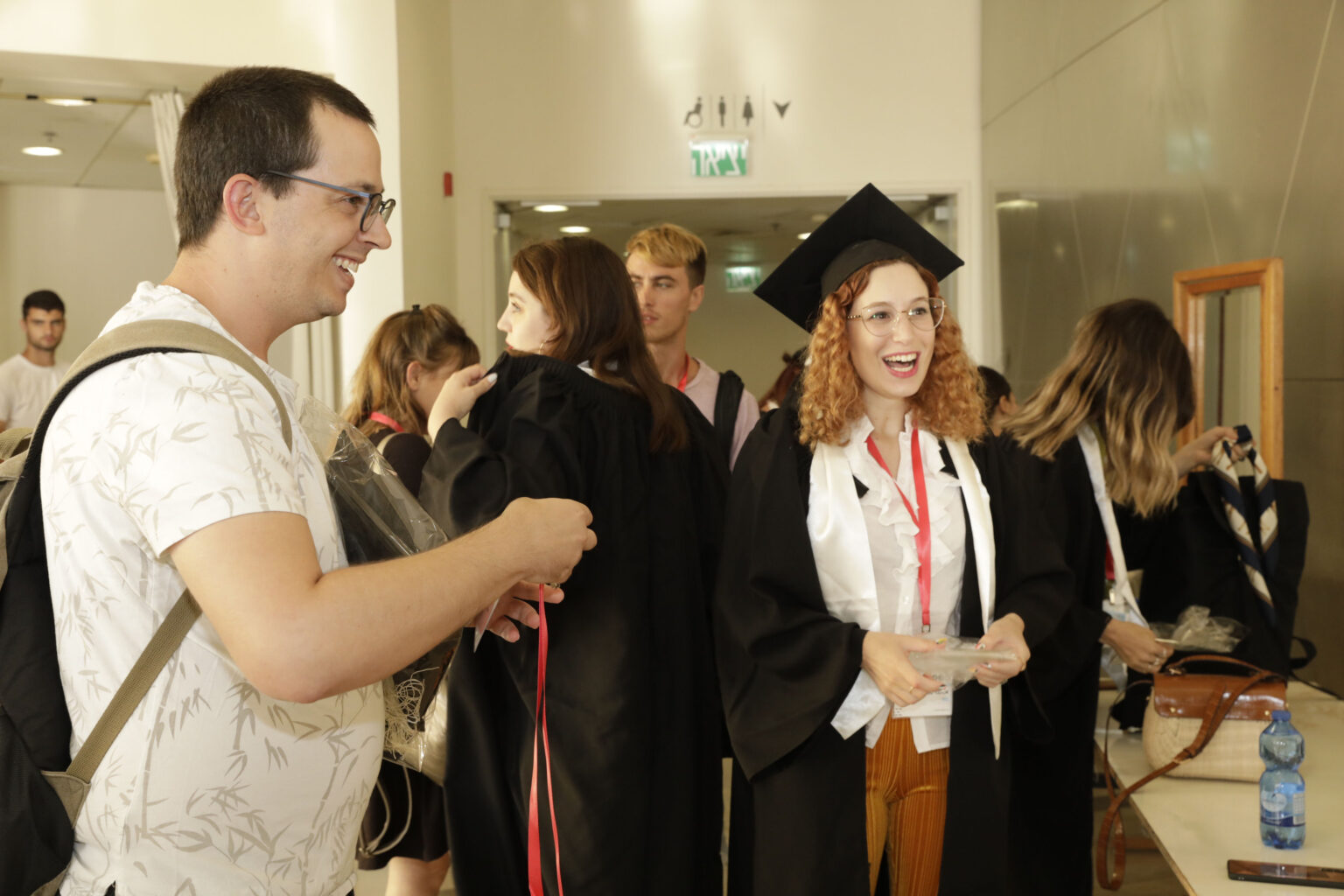

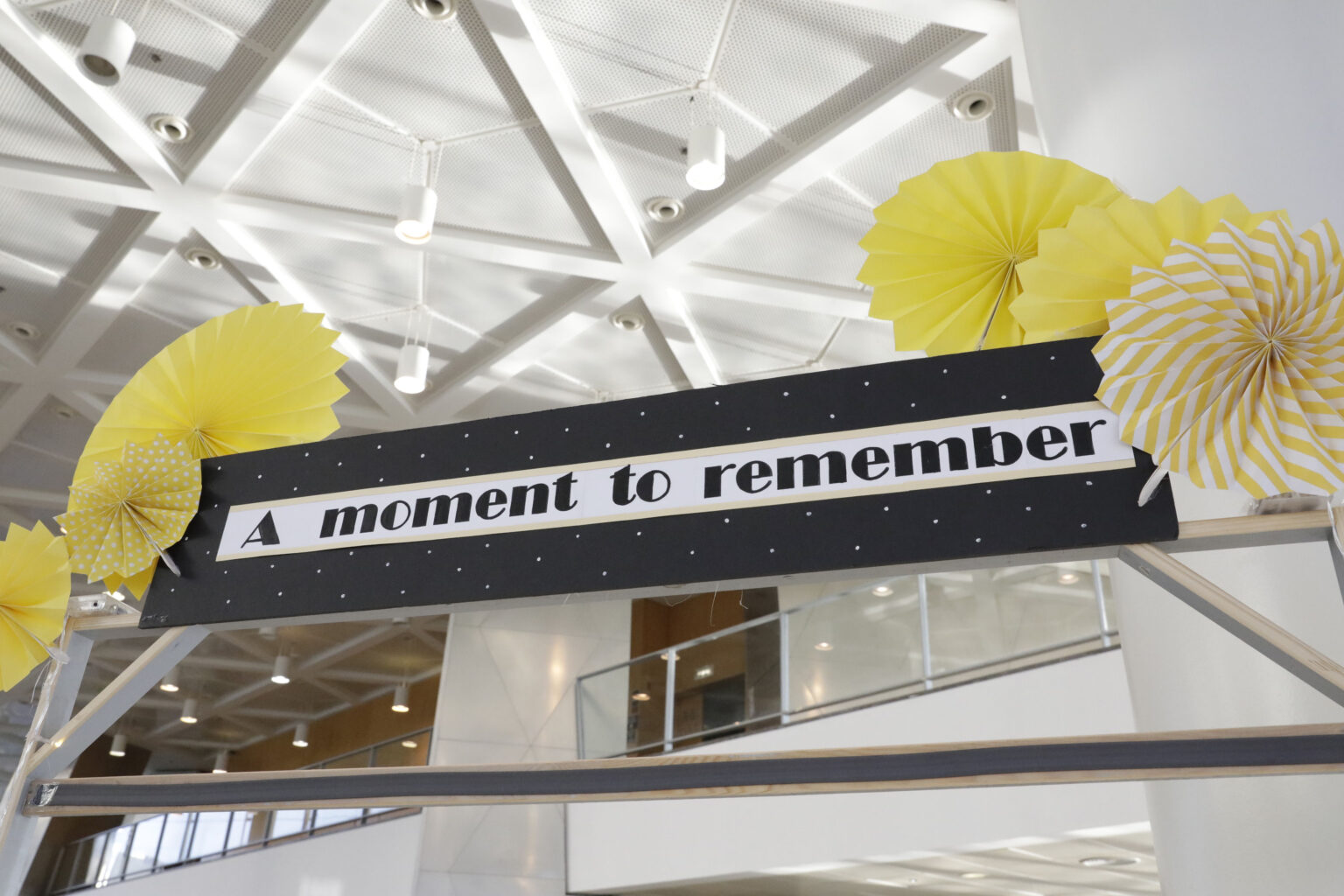
Let’s start this off with a little bit of history:
I don’t know about you but I was quite curious about the origins of graduation capes and caps. So…graduation ceremonies began during the 12th century, at a time when the academic language was Latin. Most of the people who went to university were theologians, and since an excess of clothes was considered faux pas, most scholars wore plain dark robes. Another reason for this was practical; since there weren’t any specific, separate lecture halls, churches were used for academic purposes. These were usually large, cold buildings, and the capes offered protection from the elements, the hoods keeping students dry as they passed from building to building. Some say the graduation cap of today is based on a catholic hat from the 14th-15th centuries, at which time the cap was used by people in humanities, students, and artists. The cap was originally reserved for MBAs – the highest academic distinction in medieval times. It would later be adopted for BAs, too. In 1950 a patent was filed by inventor Edward O’Reilly and catholic priest Joseph Durham. Their version of the graduation cap had fiberglass in it, making it harder and more stable. Graduation caps of this kind are very common around the world. According to Henry A. Kelly, the tradition of moving the cap’s tassel left from it’s position on the right is a rather newfound one, originating in a pun on the phrase “you left college”. Unfortunately we did not partake in this tradition. In most European countries, white symbolizes the humanities (in Spain, for instance, it represents theology and the arts). So yes everyone, apparently this is why our scarves and tassels were white.
Now, why was this such an important event for me?
I think it starts with how I was raised. I was born in Israel in 1996, in the city of Tel Aviv. My parents met and got to know each other at university. My mother has a PhD in Engineering and is an amazing academic and ever since I can remember, it was always clear to me that university is just something you ‘do’. Because my mom is an academic at Tel Aviv University I’ve always felt at home there…in fact, you could say I grew up at TAU; I knew every building, every library, every lab, every statue. When I was four we moved to California for a year for my father’s work. It was one of the most meaningful years of my life. It shaped and molded me more than I could possibly express here. When I returned to Israel I was no longer the same Tel Avivian girl my friends knew. I had been exposed to a world of magic, consumerism, and capitalism and I had fallen in love with it (these days I’m far more critical of the aforementioned ‘isms’). I had been snared by the magic of “the land of opportunity” and I wanted to return to the world of abundance; the shelves upon shelves of different breakfast cereals, the endlessly huge stationery shops with their bewitching smell, the colorful popsicles and candies, the infinite variety. I missed the massive bookshops and the good-ol’ all-American brands like Starbucks, Michaels, Target…I had fallen in love with the promises America held – the graduation ceremonies, the proms, the prestigious universities, the cheerleading teams, all those little traditions and rituals represented on TV as part of growing up, the various sports clubs, the holidays and the seasons and the symbols and consumerist products that followed. I think it was already then, at the age of four, that I had fallen in love with the idea of a serious graduation ceremony, of a school life that didn’t include the silly dances and song medleys of my own primary and middle school. Universities would continue to hold my attention later in life, and when my family took a trip to the US my mother took me and my sister to see the dream-like Ivy League institutions: Stanford, Cornell, and Harvard. We walked through those ancient buildings, chock-full of history, and I felt their magic ensnaring me all over again. This background of mine clearly shaped my feelings for the university graduation ceremony, which is why I was as excited as though it were my wedding day. Maybe even more excited than that, because I felt as though this was a real accomplishment of mine (an MBA at 25) and that I’d worked hard to get there. I couldn’t help but notice that this was not a universal experience, many of my classmates were quite cynical about the event and even embarrassed to take part. This might be one of the reasons that I’m quite grateful for where I come from and for this romanticization of the graduation ceremony which became part of the real event for me.

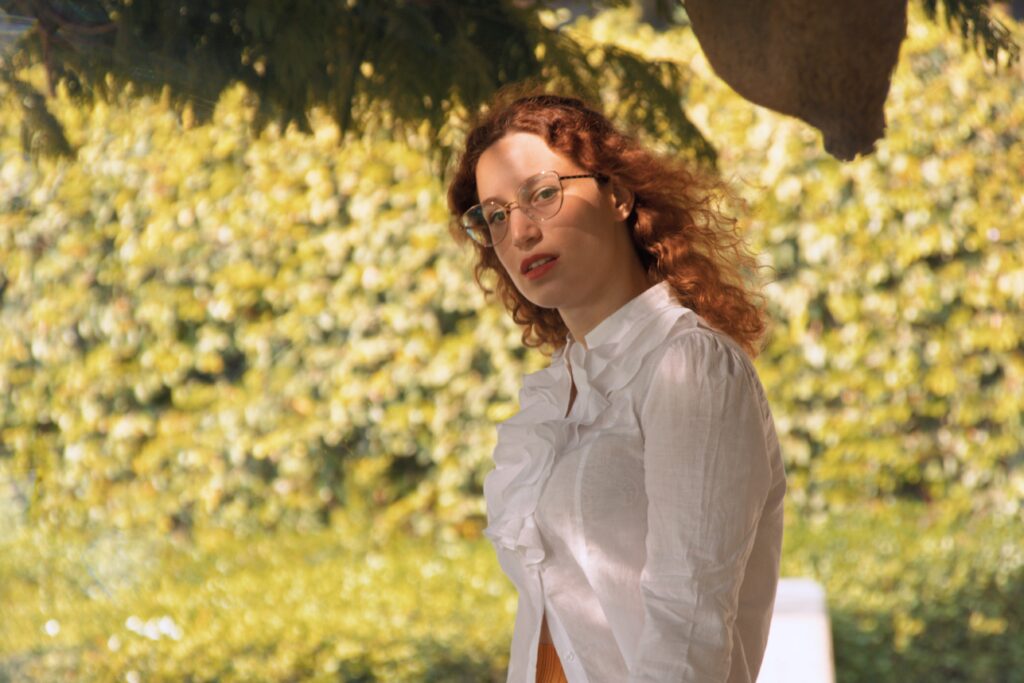
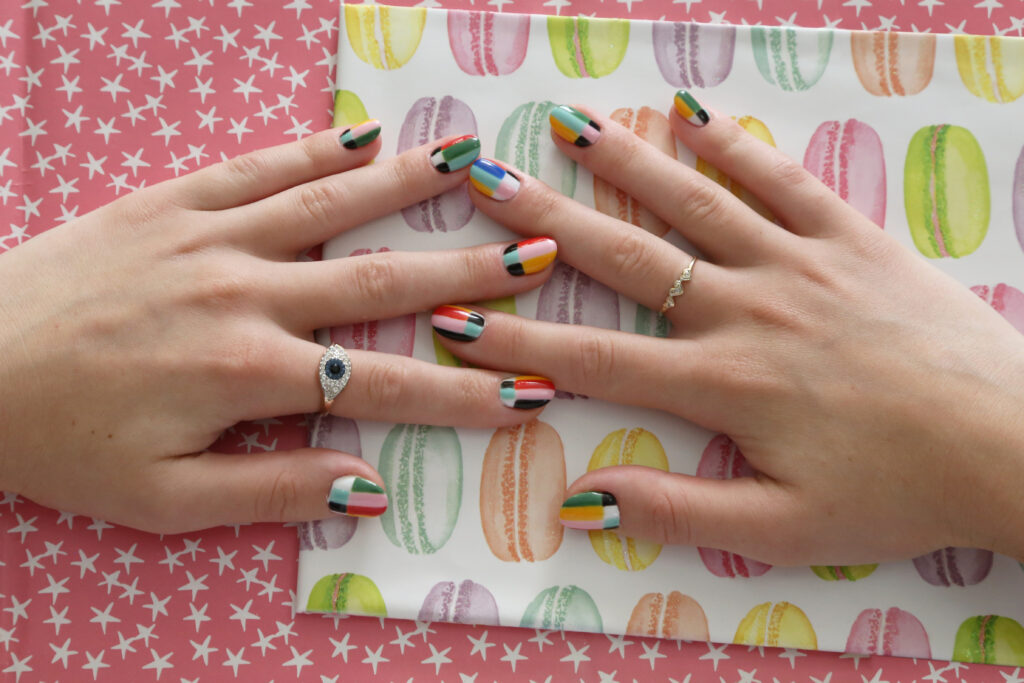
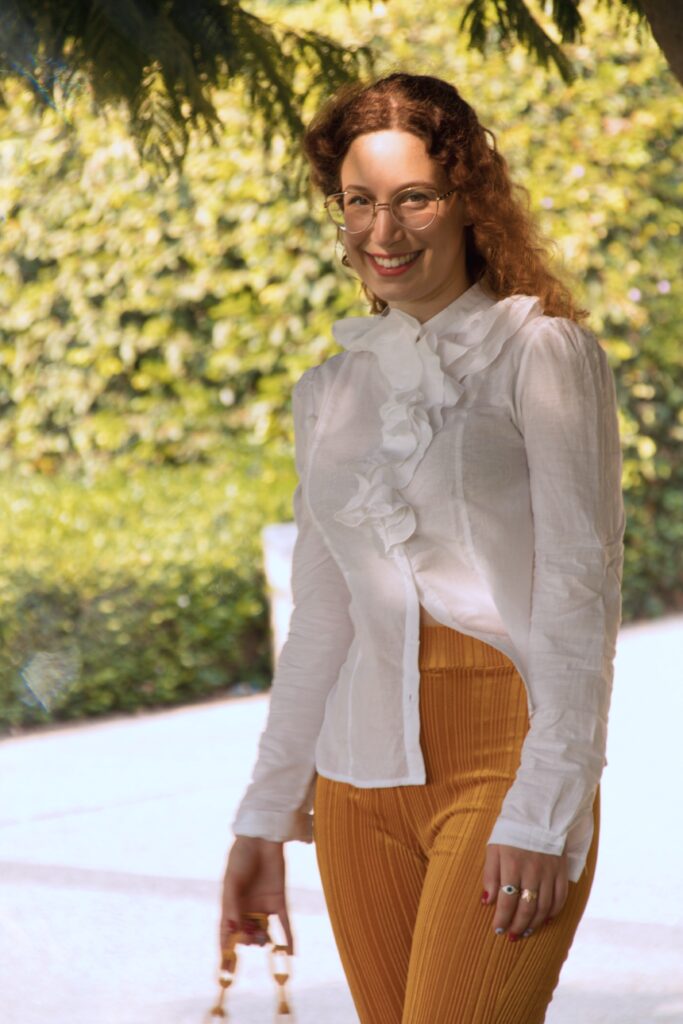
Now I’d like to hear from you. What do you think of graduation ceremonies?
Do you relate to the way I was raised or do you take a more cynical approach? I’d love to hear about your own graduation experiences.
I’m always happy to be contacted on Instagram, or my SapStyle Facebook page too. About anything!
-Sapir-
